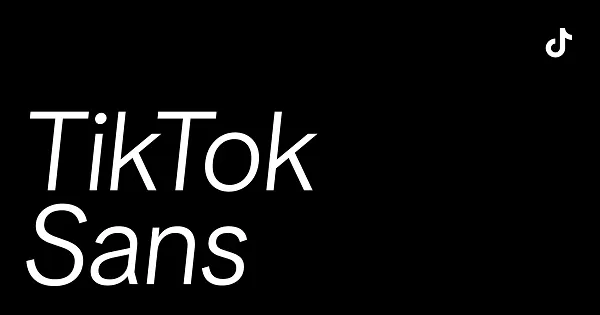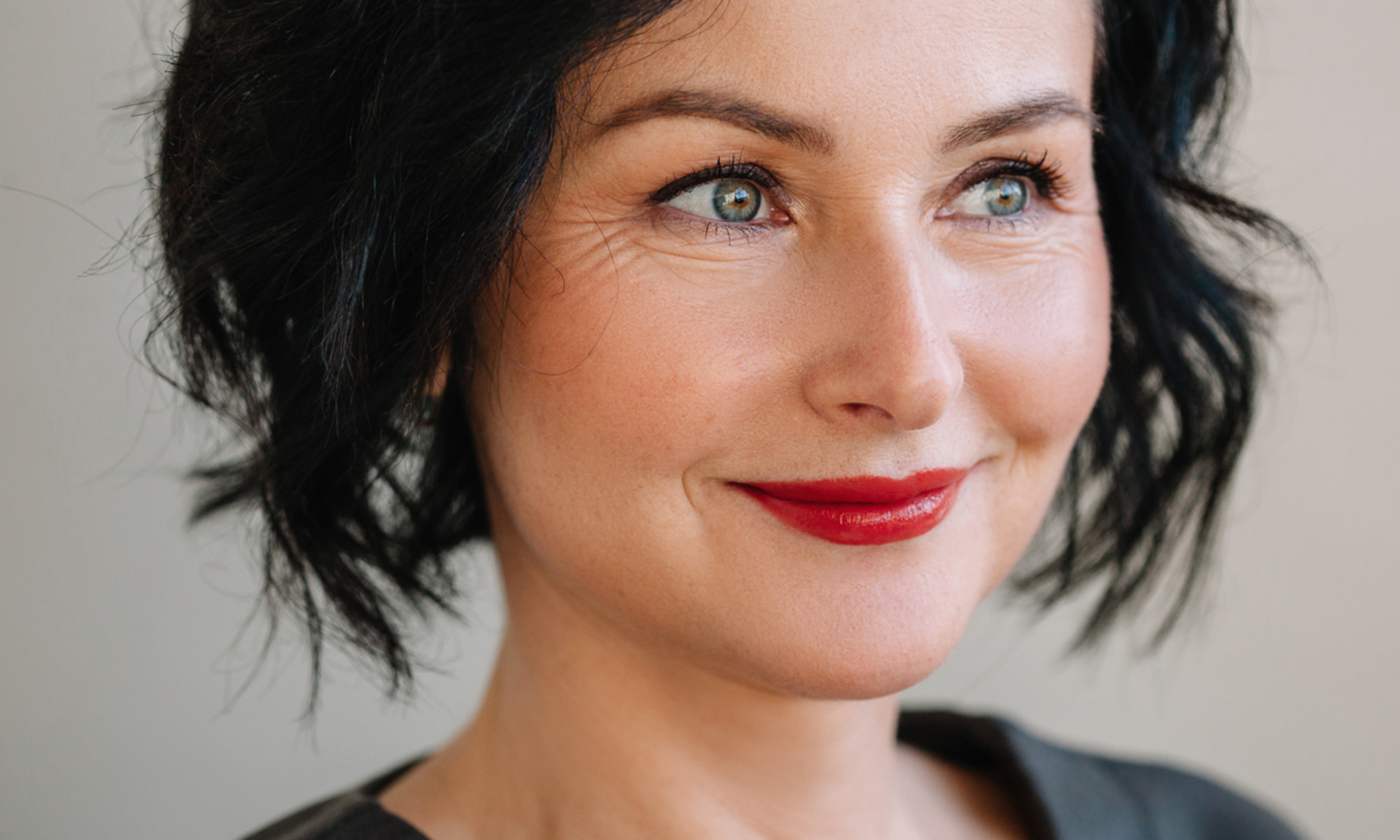Feed People
Lucas Matthew Oswalt reflects on the concept of "fullness," both physically and spiritually, while feeding his two-month-old son. The post Feed People appeared first on Lions Roar.

Lucas Matthew Oswalt reflects on the concept of “fullness,” both physically and spiritually, while feeding his two-month-old son.

Photo by Brooke Lark.
Our two-month-old son Matthew is going through a growth spurt. He eats and eats and eats — then he rests, and he eats some more.
When he’s hungry, he’ll let you know. Sometimes with a whimper, and sometimes with a bang.
The other night at about 10 pm I was sitting with him on the couch, feeding him with a bottle. He had announced his hunger — loudly — after playing Harry Houdini in his bassinet and escaping from his swaddle. I felt sympathetic; when I wake up hungry, I’m a groggy, grumpy person. The last person in the world I would begrudge is a tiny baby who only has one method of communicating his essential needs, and that’s by crying.
I had been trying to fold some laundry, pay the cell phone bill online, get some dishes put away, and generally be productive. But I had to stop — and then for about 15 minutes we sat, and he fed. And though through much of the day I was active and frantically trying to get stuff done and check things off the list, it was nice to stop. And just sit. And watch him eat.
Mostly, it was nice to feel “full” when he felt full. He had a hunger, but I too have a hunger to be a good father.
Pretty much every country, culture, family, religious or spiritual tradition has specific behaviors and attitudes around hunger and food. There are rules, customs, rituals, and preferences. Eating is, of course, one of the greatest common denominators across humanity. We all have to do it, and if you skip it for too long, you’ll regret it.
There’s an early Buddhist scripture about hunger and satiation: all of us need edible nutriment, but we also “feed” our senses, our volition, and our consciousness. Ramadan invites a time of fasting, to nourish the seeker’s soul, not just their physical body — and ends with Eid al-Fitr, a “celebration,” “festival,” or “feast” finalizing the fasting month. Jesus had a Last Supper, and the Eucharist represents a memorial action to remember, in body and spirit, the significance of his teaching. And in one of my favorite stories, Krishna Das, the American-born singer of devotional Indian chant music, asked his teacher Neem Karoli Baba something to the effect of: How do you attain the supreme? How do you meet God?
As the story goes, part of his teacher’s pithy reply was: Feed people.
This one act, so everyday and humdrum, is what keeps the whole wheel spinning, regardless of what anyone might believe or doubt. And despite all efforts to make it fancy, expensive, and complicated, it’s an exceedingly simple phenomenon that we’ve spun into untold complexity.
“A few years ago, I asked some children, ‘What is the purpose of eating breakfast?’” Thich Nhat Hanh once told an interviewer. “One boy replied, ‘To get energy for the day.’ Another said, ‘The purpose of eating breakfast is to eat breakfast.’ I think the second child is more correct.”
So, simple.
But there’s complexity, too: Any one morsel of food, any drop of milk Matthew receives, contains everything in the universe. Consider a piece of bread, Thich Nhat Hanh asks of us:
“The wheat field needs clouds and sunshine. So in this slice of bread there is sunshine, there is the cloud, there is the labor of the farmer, the joy of having flour, and the skill of the baker and then — miraculously! — there is the bread. The whole cosmos has come together so that this piece of bread can be in your hand. You don’t need to do a lot of hard work to get this insight. You only need to stop letting your mind carry you away with worrying, thinking, and planning.”
So when Matthew is hungry, Matthew feeds. It’s simple and black-and-white. No laundry, no dishes, no online bill paying, no late night work. Everything blessedly grinds to a halt and we feed him, and he eats.
No “productivity.” No “busy-ness.”
And he gets full. And I feel full. Two cravings are sated – his for edible nutriment, and mine for my desire to be a good and loving father.
For fifteen minutes, we’re doing the most important work there is right now.
And the dishes can wait. The worrying, the thinking, the planning – it all can wait.
We have an appointment with life in the here and in the now. It’s all we’ve got, and it’s all we need to fill our bellies.
This article was originally published on Lucas Matthew Oswalt’s website, Dharma of Dad.

 KickT
KickT 





















![Run An Ecommerce SEO Audit in 4 Stages [+ Free Workbook]](https://api.backlinko.com/app/uploads/2025/06/ecommerce-seo-audit-featured-image.png)









